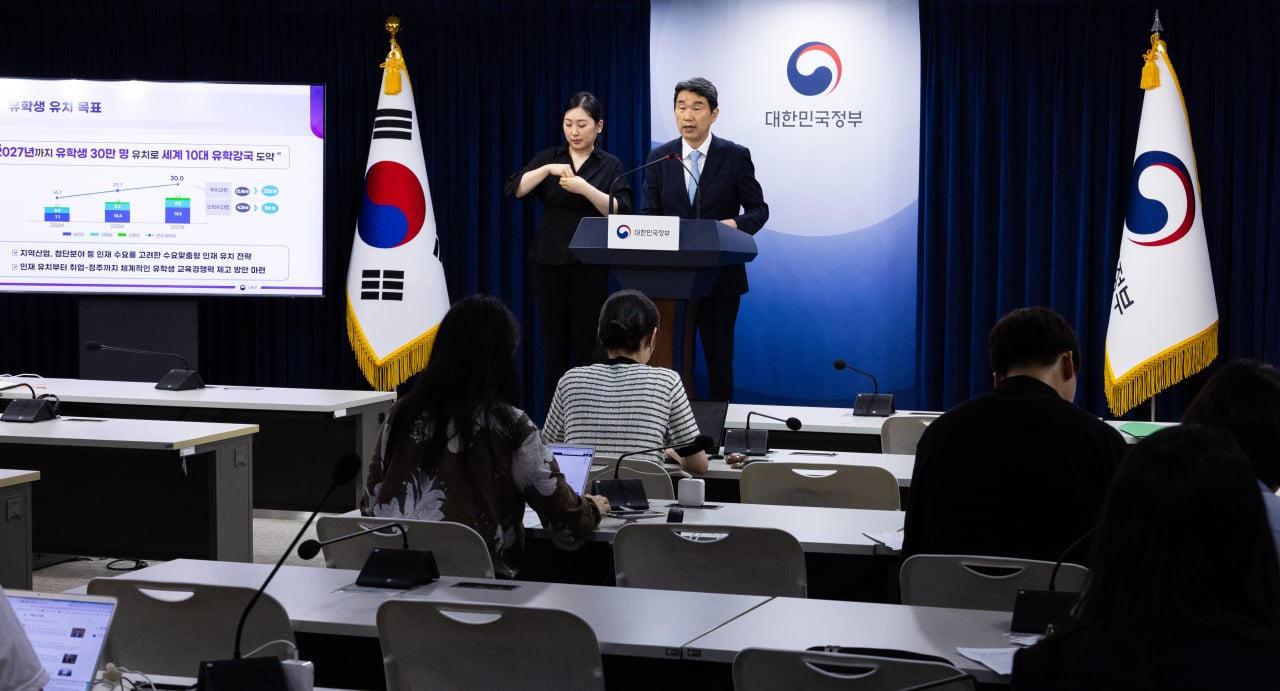
South Korean Education Minister Announces Project to Attract 300,000 International Students
Increase scholarships and job opportunities
The Korean Ministry of Education announced on August 16 a new education project to attract 300,000 international students by 2027 (nearly double that of 2022). That is the Study Korea 300,000 Project. The highlight of the project is to improve student visa procedures, attract STEM (science, technology, engineering, mathematics) talents and attract students to schools outside large urban areas such as the capital Seoul to develop the local economy .
Specifically, the Korean government will relax visa regulations such as expanding the range of accepted foreign language certificates, reducing the minimum bank balance, increasing the limit on overtime hours, shortening the time to review permanent residency and Korean nationality for graduate students graduating from STEM majors..., according to University World News .
In parallel, the Korean Ministry of Education is proposing to lower the entry standards for Korean language proficiency for international students. Currently, universities require applicants to have TOPIK (Test of Proficiency in Korean) level 3 or complete intensive Korean language education after reaching level 2. On the other hand, TOPIK will have an online test format in the near future, in addition to taking the test directly at certain testing centers.
The Korean government’s full scholarship program will also increase in number, mainly for regional universities (such as rural areas) or universities with STEM programs. From 1,355 scholarships for STEM students and 4,543 scholarships for non-science students in 2022, the numbers will increase to 2,700 and 6,000, respectively. In addition, other ministries will also support the scholarship program and research activities.
"Korea is in dire need of nurturing scientific talent at a time when the battle for technological supremacy is becoming increasingly fierce. As evidenced by Japan's goal of attracting 400,000 international students by 2033, now is the time to strategically attract foreign talent," said South Korean Education Minister Lee Ju-ho.
At the same time, South Korea will establish "International Education Special Zones for Foreign Talents" in provinces and cities to support international students and link education and employment policies with local development strategies. The country will also open "International Student Attraction Centers" inside Korean cultural and educational institutions abroad to promote and advise on studying abroad, according to The Korea Herald .
In the coming years, the Korean Ministry of Education plans to offer more English-taught programs at universities, where courses taught in Korean still dominate. At the elementary, middle, and high school levels, more international exchange programs will be announced so that young foreign students can visit Korea for academic purposes.
The Study Korea 300K Project is the next step of the Study Korea Project, a plan launched by the Korean government in 2004 with the ambition of making the country an educational hub in Asia. In 2015, Korea set a goal of attracting 200,000 international students by 2023, and successfully reached the milestone in February with 205,167 people.
What should Vietnamese international students pay attention to?
The Study Korea 300K Project was launched amid a declining birth rate in the land of kimchi. Specifically, the number of babies born per woman was 0.78 in 2022, the lowest ever, according to data released by the National Statistical Office of Korea in February.

Korean and international students attend music event at Yonsei University
"This is a worrying sign about the aging population and the future shortage of young workers in this country. And the Study Korea 300K Project is a solution to compensate for the number of local students with international human resources, bringing many benefits to Korean universities and the Korean economy, as well as promoting the trend of studying abroad in Korea in Vietnam," Mr. Tran Thien Van, CEO of Zila Education, analyzed.
With more than 10 years of experience in the field of studying abroad in Korea, Mr. Van assessed that more and more Vietnamese people are interested in this market, as evidenced by the fact that the company recorded an increase of 18% compared to the same period last year. The Korean cultural wave, the expansion of investment, economic trade and promotional activities of study abroad consulting companies are the reasons for this growth, according to the male director.
"For now, the Study Korea 300K Project has not been officially applied through activities to loosen or 'remove difficulties' in visa policies, visa extensions... However, in the future, this will be an opportunity to help Vietnamese students access Korean education and stay and work after graduation," Mr. Van noted.
To successfully apply to Korean universities, especially top names like the SKY group (Seoul National University, Korea University, Yonsei University) or the Korea Institute of Science and Technology, the first factor is to graduate with high academic achievements. In addition, you also need to build a basic Korean language foundation 3-6 months before studying abroad, and at the same time equip yourself with English and soft skills, according to Mr. Van.
"University education in Korea is becoming internationalized with some programs taught entirely in English, with tuition fees equivalent to those of international universities in Vietnam. The fields that attract many Vietnamese students are communications, languages, international business and engineering," the study abroad expert added.
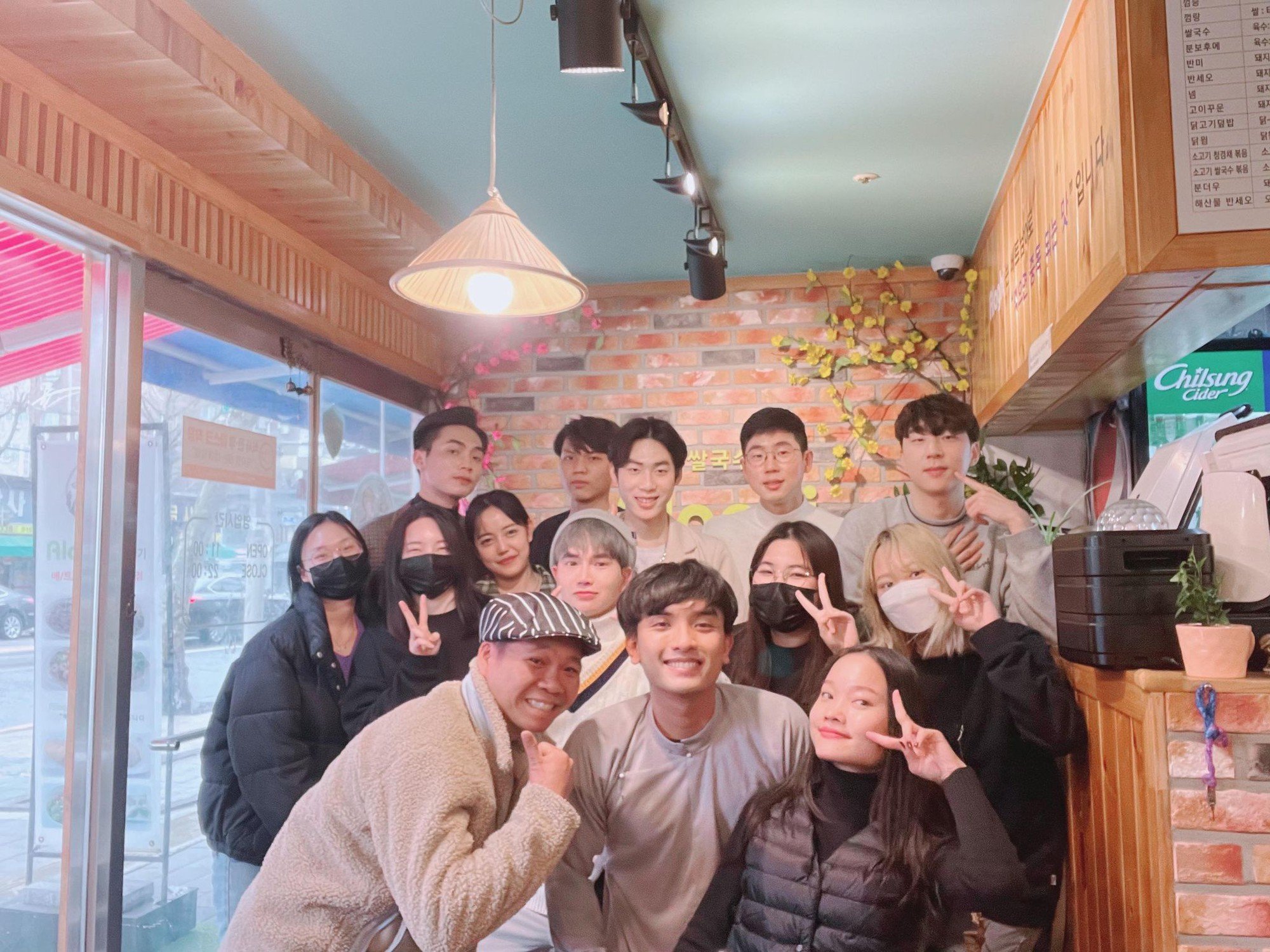
Some Vietnamese students in Korea are studying communications.
According to the Korean Educational Development Institute, by April 2022, Vietnam ranked second in the number of international students with 37,940 people, accounting for 22.7% of the total number of international students in Korea. Of which, the Vietnamese people studying the most at the undergraduate level (17,534) and Korean language courses (10,675).
Source link


![[Photo] National Assembly Chairman Tran Thanh Man attends the VinFuture 2025 Award Ceremony](/_next/image?url=https%3A%2F%2Fvphoto.vietnam.vn%2Fthumb%2F1200x675%2Fvietnam%2Fresource%2FIMAGE%2F2025%2F12%2F05%2F1764951162416_2628509768338816493-6995-jpg.webp&w=3840&q=75)
![[Photo] 60th Anniversary of the Founding of the Vietnam Association of Photographic Artists](/_next/image?url=https%3A%2F%2Fvphoto.vietnam.vn%2Fthumb%2F1200x675%2Fvietnam%2Fresource%2FIMAGE%2F2025%2F12%2F05%2F1764935864512_a1-bnd-0841-9740-jpg.webp&w=3840&q=75)




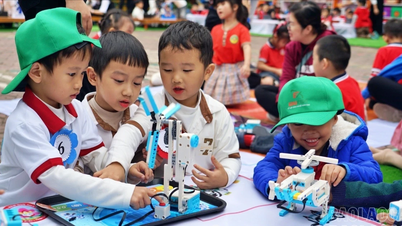



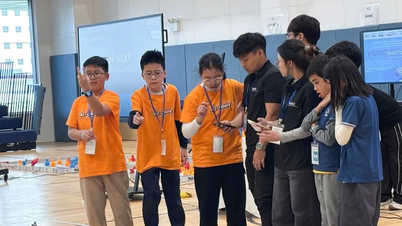


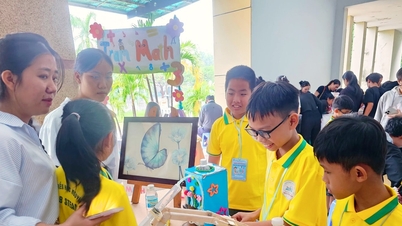

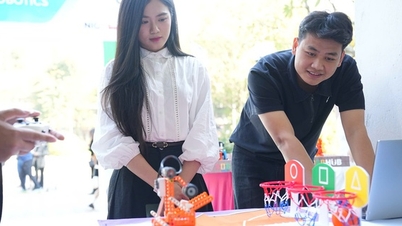


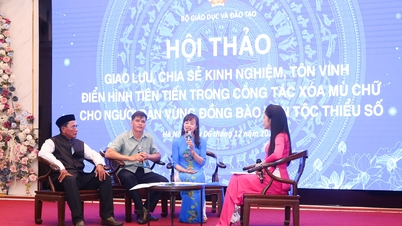

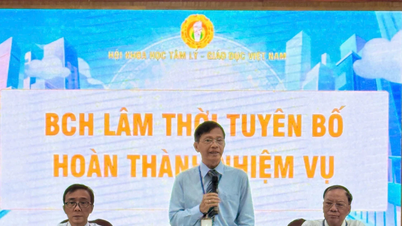

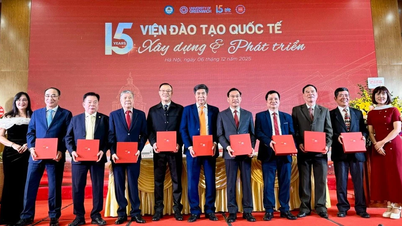
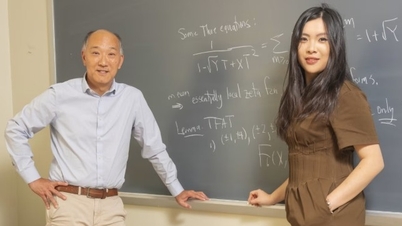

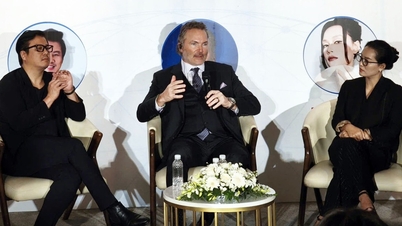




























































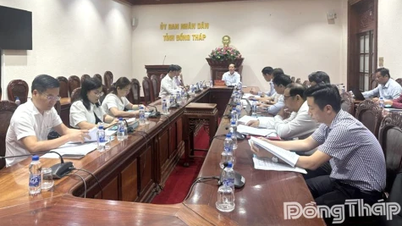


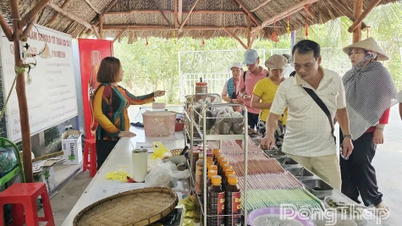
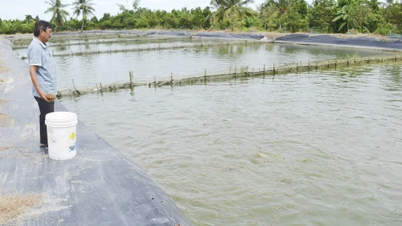
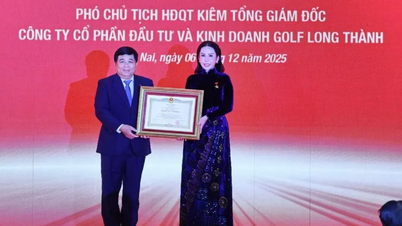

















Comment (0)